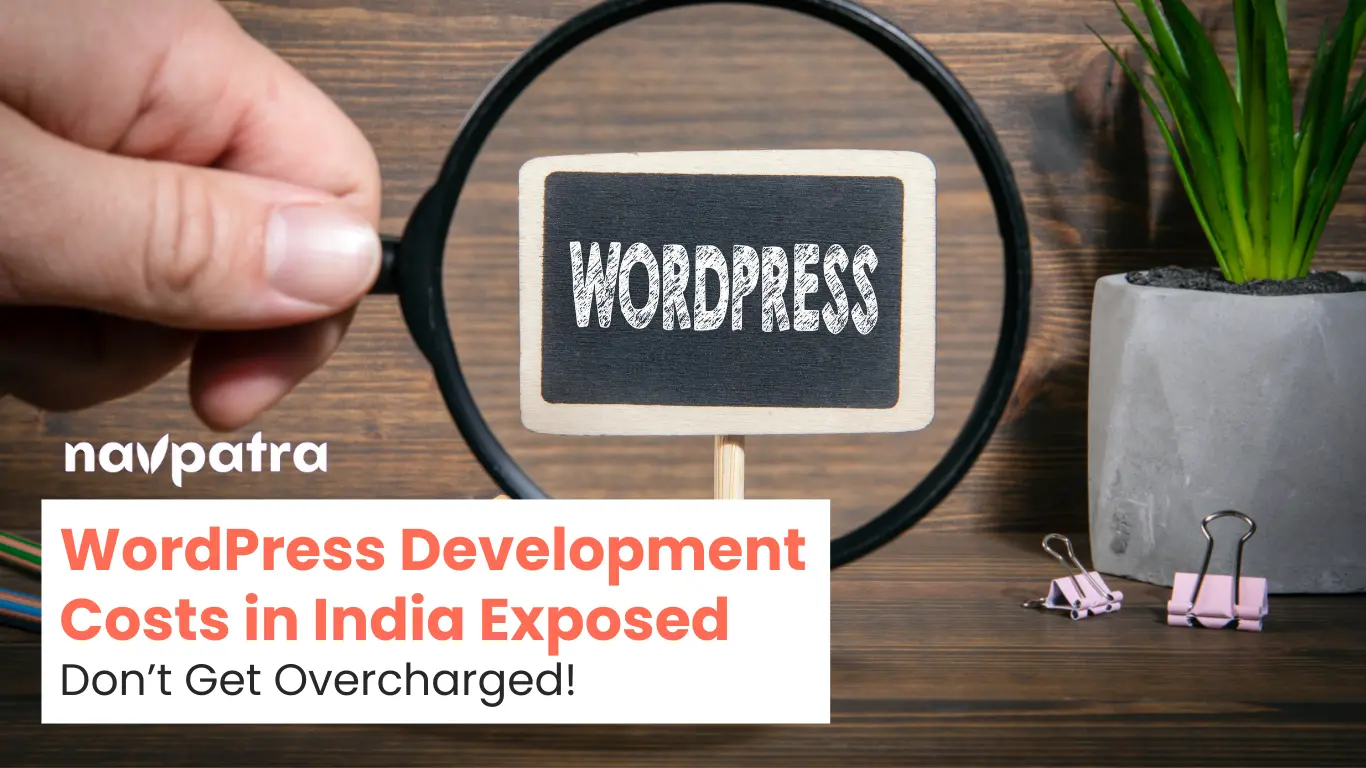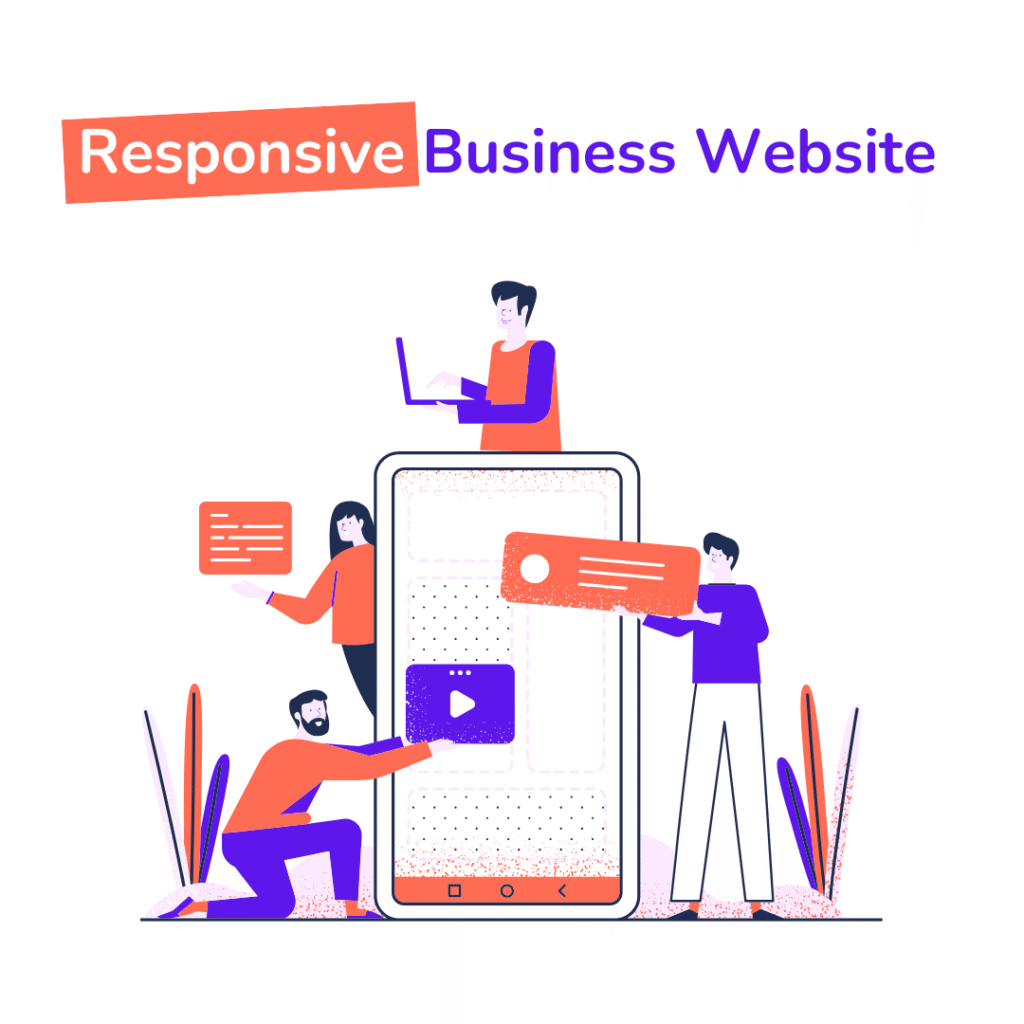Looking to build a growing online store? Shopify stands out as a leading choice for entrepreneurs worldwide. For small business owners, it offers tools to set up, run, and grow an online store efficiently.
But does Shopify truly meet the needs of small businesses? Let’s explore its advantages, limitations, costs, and how it compares to competitors like Etsy, Wix, and WordPress.
Why Shopify Works Well for Small Businesses?
Shopify has become a leading choice for small businesses looking to establish and grow their online presence. Here are the key reasons why Shopify works well for small businesses:
Easy to Use
Shopify is user-friendly, making it ideal for those without technical expertise. Setting up an account takes just minutes. The platform’s intuitive interface guides users through the setup process.
Shopify’s theme library offers numerous free and paid options. Small businesses can easily design a professional-looking store without hiring developers.
Shopify also manages technical tasks like server maintenance, SSL certificates, software updates, and payment fraud analysis. This allows small business owners to focus on their core operations.
Insights: Over 2 million sellers rely on Shopify, a widely used e-commerce platform.
Comprehensive Admin Dashboard
The Shopify Admin dashboard is streamlined and provides key insights into store performance. It ensures quick access to tools like sales channels, apps, and store management features.
Unlike other platforms, it’s not cluttered, making navigation straightforward for users.
Built-in Marketing Tools
Shopify website includes marketing features even in its Basic plan. These tools help small businesses drive traffic and increase sales. Key features include:
- Abandoned cart recovery
- Gift cards and discount codes
- Marketing automations
Additionally, Shopify offers free native apps like Shopify Email and Product Reviews. These apps provide basic but effective solutions for customer engagement.
For advanced marketing needs, the Shopify App Store has numerous affordable options.
Insights: Shopify holds a 10% share of the US ecommerce market and 6% in Western Europe.
SEO Optimization
Shopify is SEO-friendly, helping small businesses rank higher on search engines. The platform handles technical SEO aspects like sitemap generation, robots.txt files, and WebP image formatting.
Small business owners still need to manage metadata and image optimization, but Shopify’s SEO apps can simplify these tasks.
Apps like TinyIMG automate many SEO processes, reducing effort and costs.
Versatility and Scalability
Shopify suits a wide range of business models. Whether you run a dropshipping store, sell handmade crafts, or operate a local restaurant, Shopify can adapt to your needs.
Small businesses can expand sales channels by integrating with Instagram, Facebook, and Google Shopping. Shopify’s Shipping Partner Platform makes international expansion seamless.
With tools for inventory management and order processing, businesses can scale without switching platforms.
Insights: Shopify hosts 4.61 million live websites, with 57.69% of the domains registered in the United States.
Mobile Optimization
Mobile commerce is growing rapidly, and Shopify ensures stores are mobile-friendly. Websites are responsive and fast, offering an intuitive shopping experience on smartphones and tablets.
This is crucial as more customers shop on mobile devices.
Payment Solutions
Shopify Payments simplifies payment processing. It includes fraud protection and integrates with Shopify POS for unified online and offline sales data.
If customers prefer third-party payment methods like PayPal, Shopify websites allow integration for a small fee. This flexibility ensures smooth transactions for all shoppers.
Free Business Tools
Shopify offers free tools to support small businesses, including:
- Business and domain name generators
- Logo and slogan makers
- Profit margin and discount calculators
- Invoice and shipping label templates
These tools help small business owners streamline operations and reduce costs.
Reliable Customer Support
Shopify provides 24/7 customer support via email, phone, or live chat. The Shopify Help Center offers detailed guides and resources.
Insights: In 2023, Shopify facilitated transactions totaling $235.91 billion.
Limitations of Shopify for Small Businesses

While Shopify’s website has multiple benefits for small businesses, it also has some limitations. Here are some challenges small businesses might face:
No Native Email Hosting
Shopify doesn’t offer email hosting for store domains. Business owners must use external providers, which adds costs and complexity.
Transaction Fees
Shopify charges transaction fees unless you use Shopify Payments. These fees can add up, especially for businesses on lower-tier plans.
Limited Digital Product Features
Shopify lacks native features for selling digital products. To offer download links and copyright protection, small businesses need additional apps.
Basic Blogging Capabilities
Shopify’s blogging features are limited compared to platforms like WordPress. This can be a drawback for businesses relying heavily on content marketing.
Bulk Management Challenges
Shopify has limited tools for bulk management. For example, enabling product quantity tracking for multiple items requires manual updates, which can be time-consuming in Shopify management.
Insights:In 2023, Shopify generated $7.06 billion in revenue.
Shopify vs. Competitors
Shopify is a top e-commerce platform for creating online stores. It competes with other platforms offering unique features and prices. These platforms are as follows:
Shopify vs. Etsy
Etsy is a marketplace, while Shopify is a platform for creating independent stores. Here’s how they compare:
| Feature | Shopify | Etsy |
|---|---|---|
| Fees | Low transaction fees | Listing and transaction fees |
| Branding | Full control over branding | Limited branding options |
| Email Access | Customer emails available | No access to customer emails |
Shopify vs. Wix
Both platforms cater to small businesses but have different focuses:
| Feature | Shopify | Wix |
|---|---|---|
| eCommerce Tools | Comprehensive and robust | Basic eCommerce features |
| Scalability | High | Limited |
| Free Plan | None | Available |
Shopify vs. WordPress
WordPress with WooCommerce offers extensive customization but requires more technical expertise:
| Feature | Shopify | WordPress |
|---|---|---|
| Setup Ease | Quick and intuitive | Complex setup |
| Maintenance | Handled by Shopify | Requires manual updates |
| Cost | Predictable | Varies |
Final Words
Shopify is an excellent choice for small businesses. Its ease of use, scalability, and comprehensive features make it a powerful tool for growth.
While it has some limitations, these are minor compared to its advantages.
For small business owners looking to establish and expand their online presence, Shopify provides the tools and support needed to succeed.
Start your journey with the Shopify E-Commerce store and take your business to the next level.











